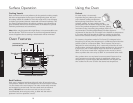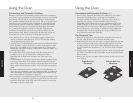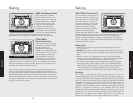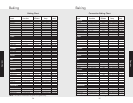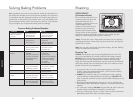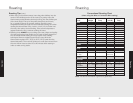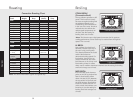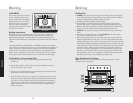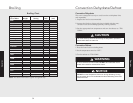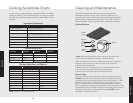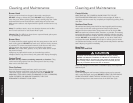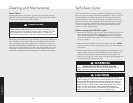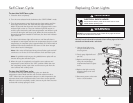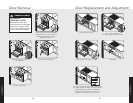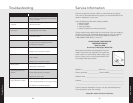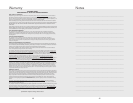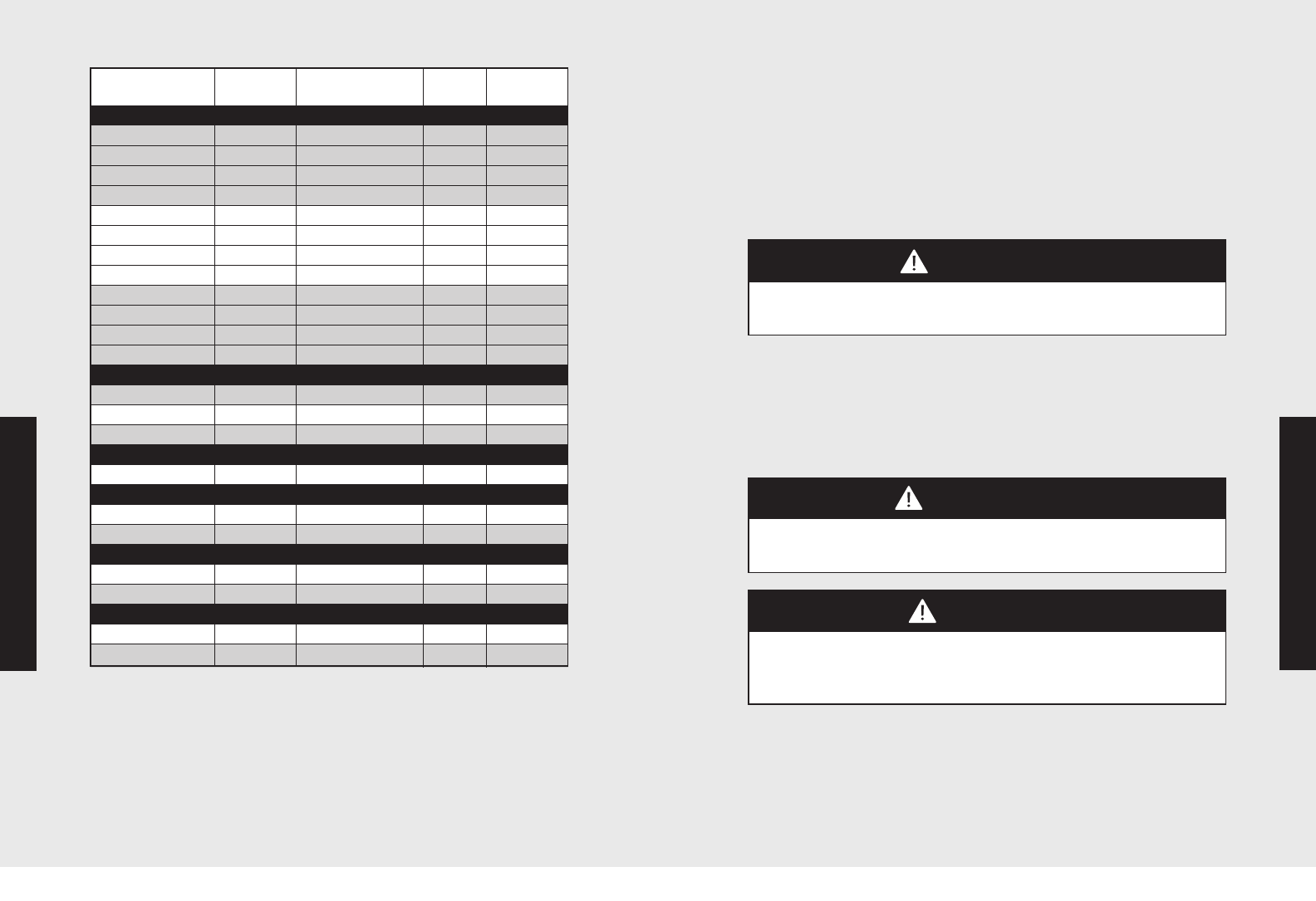
35
34
Broiling Chart
Type and Time
Cut of Meat Weight Setting Rack (min)
BEEF
Sirloin, 1"
Rare 12 oz Conventional Broil 57
Medium 12 oz Conventional Broil 59
Well done 12 oz Conventional Broil 5 11
T-Bone, 3/4"
Rare 10 oz Conventional Broil 55
Medium 10 oz Conventional Broil 57
Well done 10 oz Conventional Broil 59
Hamburger, 1/2"
Rare 1/4 lb. Convection Broil 54
Medium 1/4 lb. Convection Broil 57
Well done 1/4 lb. Convection Broil 59
CHICKEN
Bnls breast 1 lb. Convection Broil 4 18
Bone-in breast 2 - 2 1/2 lb. Conventional Broil 4 20
Chicken pieces 2 -2 1/2 lb. Convection Broil 4 18 (min/lb)
HAM
Ham slice, 1" 1 lb. Conventional Broil 4 22
LAMB
Rib chops, 1" 12 oz. Convection Broil 57
Shoulder 1 lb. Convection Broil 56
PORK
Loin chops, 3/4" 1 lb. Convection Broil 4 14
Bacon Conventional Broil 4 6
FISH
Salmon steak 1 lb. Convection Broil 57
Fillets 1 lb. Convection Broil 56
Convection Dehydrate/Defrost
Convection Dehydrate
This oven is designed not only to cook, but also to dehydrate fruits
and vegetables.
1. Prepare the food as recommended.
2. Arrange the food on drying racks (not included with the oven;
contact a local store handling speciality cooking utensils).
3. Set the appropriate low temperature and turn the selector to “TRU
CONV”.
Convection Defrost
1. Place the frozen food on a baking sheet.
2. Set the temperature control to “OFF”.
3. Turn the selector to “TRU CONV”.
WARNING
To avoid sickness and food waste, DO NOT allow defrosted food to
remain in the oven for more than two hours.
CAUTION
You must carefully check the food during the dehydration process to
ensure that it does not catch fire.
NOTICE
DO NOT turn the Temperature Control on during defrosting. Turning
the convection fan on will accelerate the natural defrosting of the food
without the heat.
Operation
Operation
Note: The above information is given as a guide only.
Broiling



